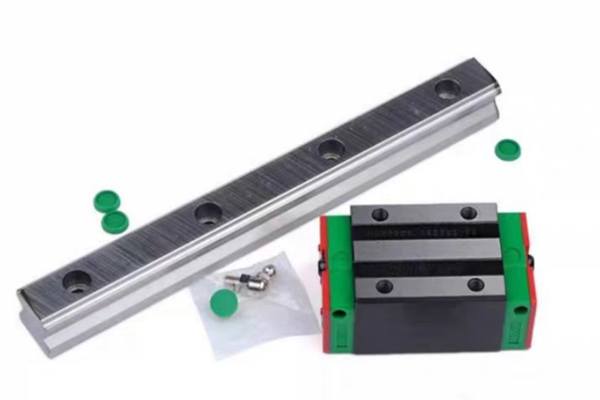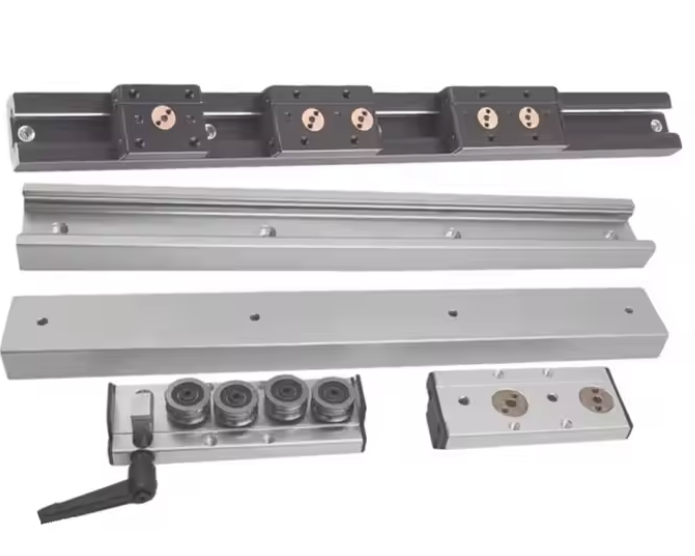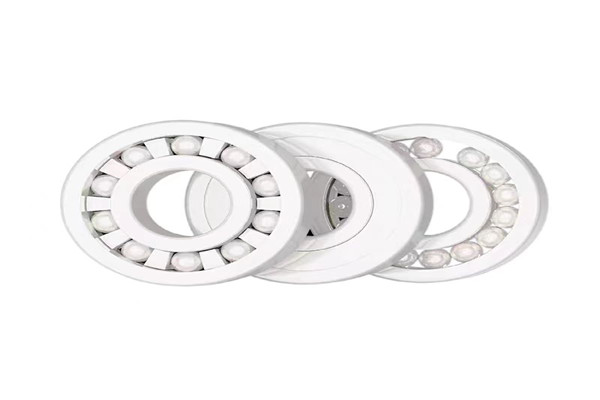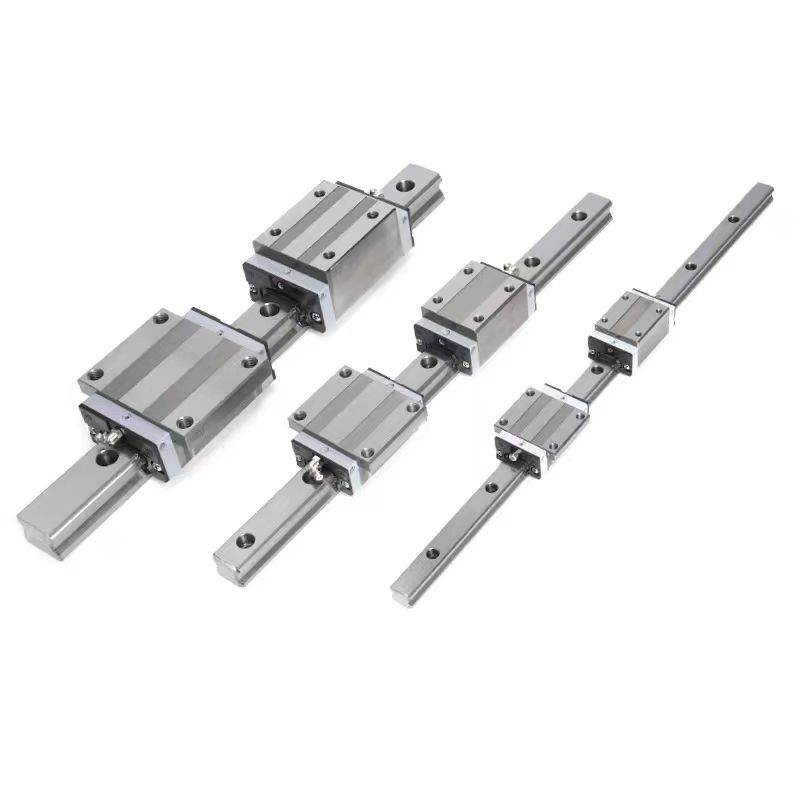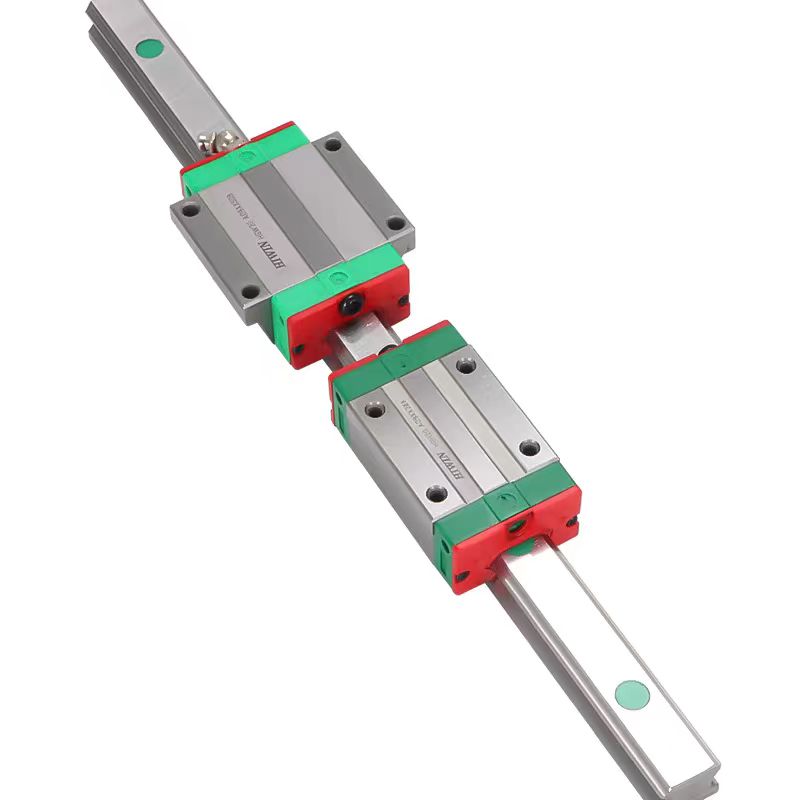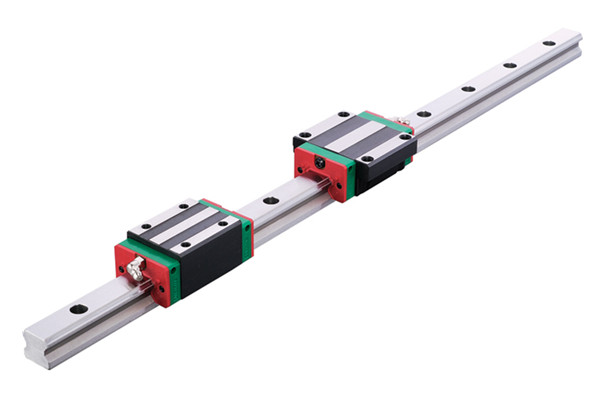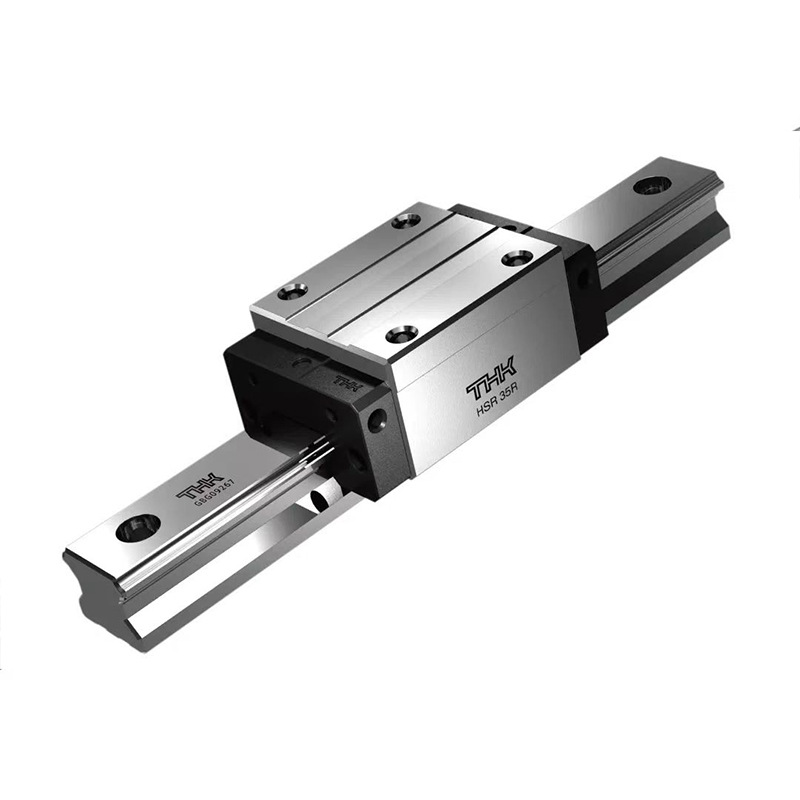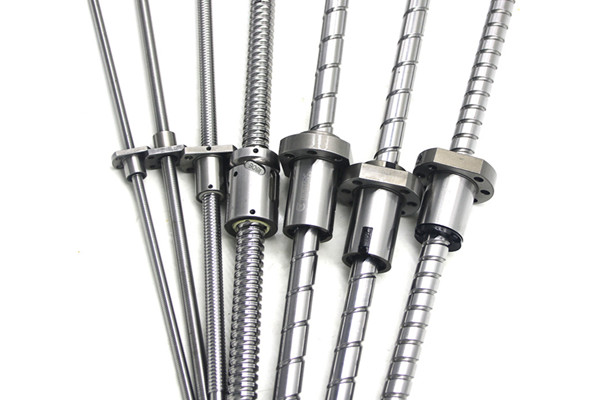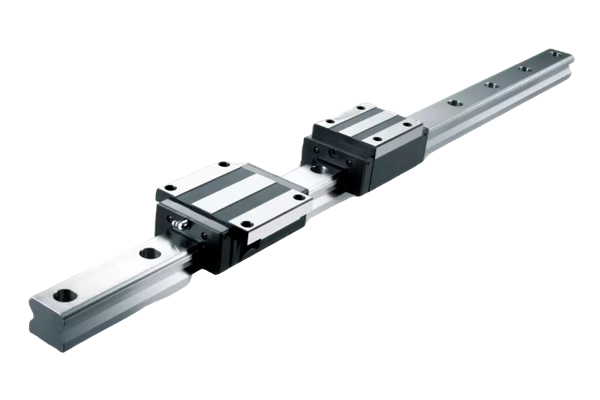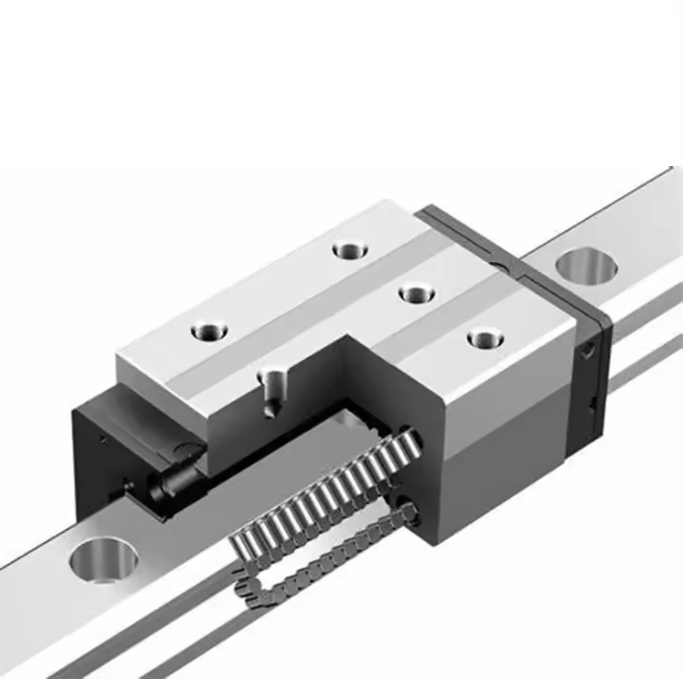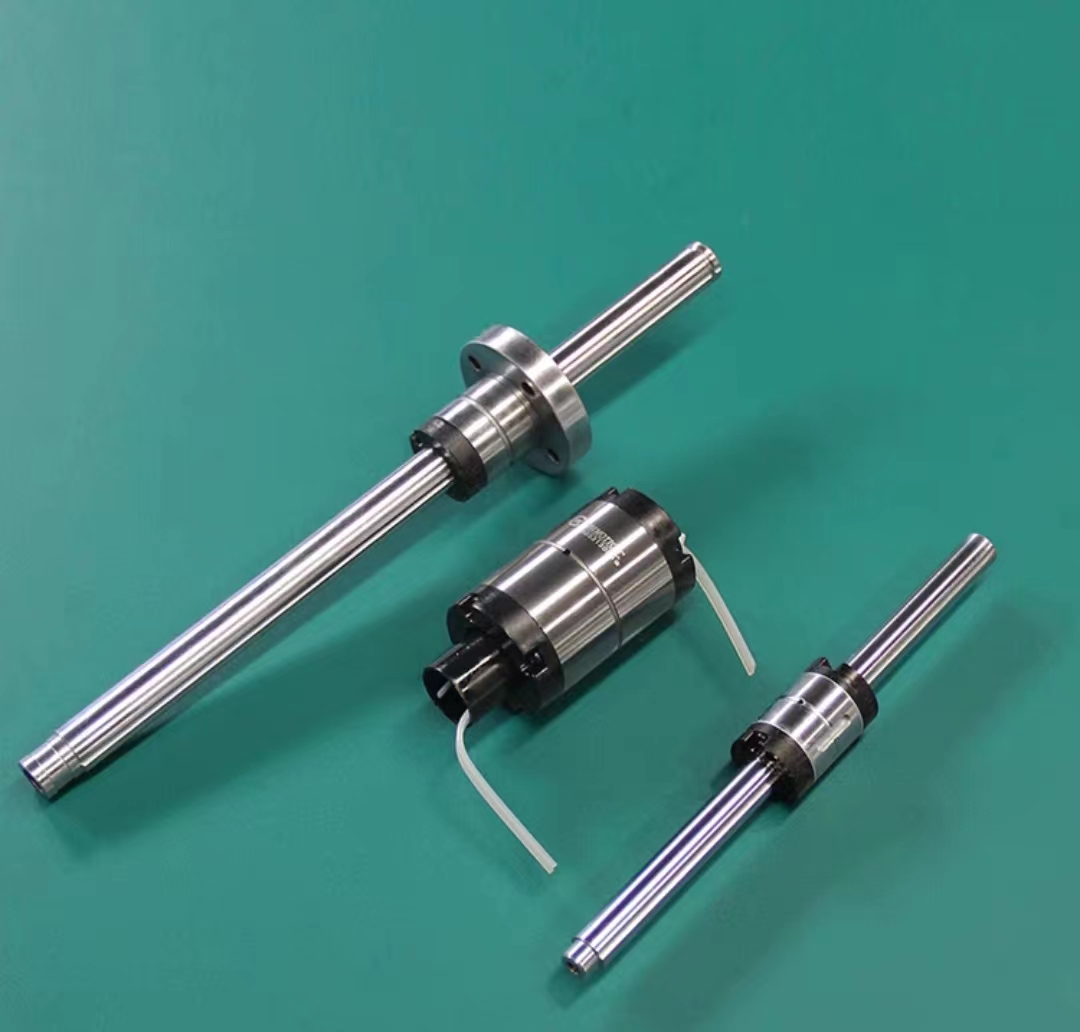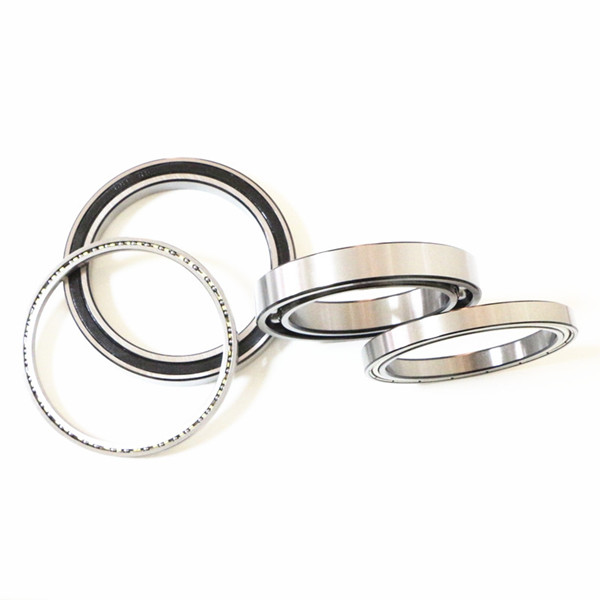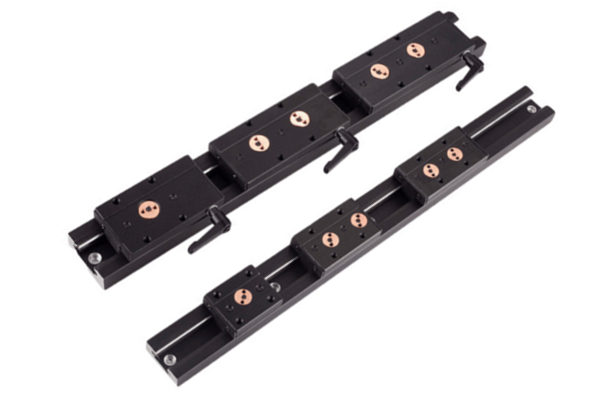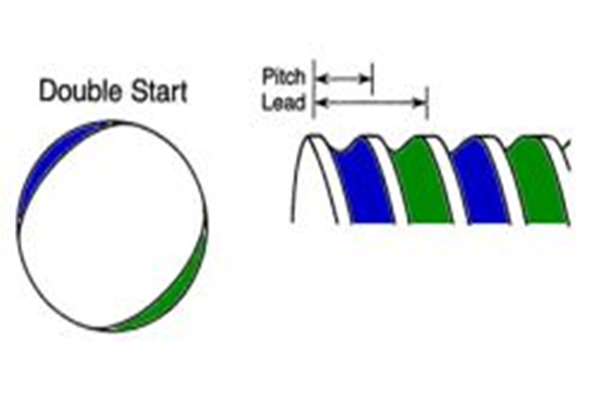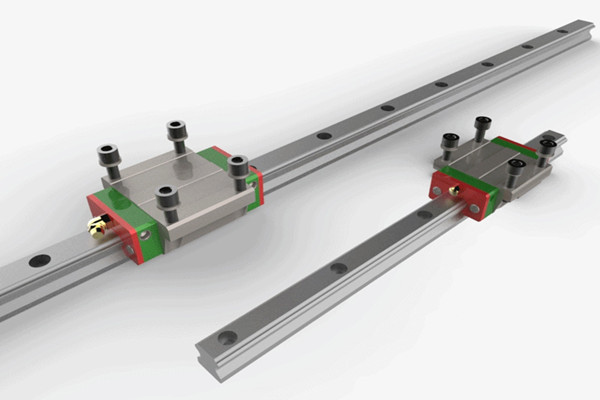Ceramic Bearings Precision and Performance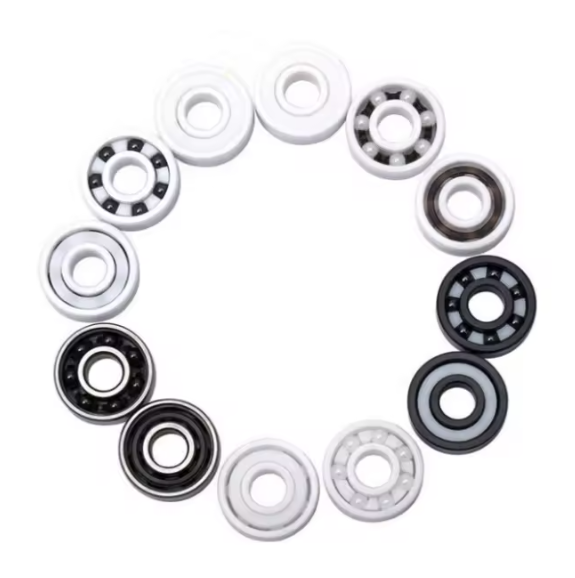
The Full Ceramic bearings,usually call Ceramic Ball Bearing also known as hybrid bearings, have emerged as a transformative innovation in the fields of engineering and manufacturing. Comprising ceramic balls and metal races, these bearings offer a host of benefits that make them increasingly popular across various industries. From aerospace to medical devices, the advantages of ceramic bearings are reshaping the way we approach machinery and component design. For more size information see: https://www.aresmotion.com/product/metric-sizes-zirconia-zro2-ceramic-bearings/
Composition and Types
Ceramic bearings generally feature balls made from silicon nitride (Si3N4) or zirconium dioxide (ZrO2), while the races are typically crafted from stainless steel or other robust metals. Full ceramic bearings, where both the balls and the races are made from ceramic materials, are also available. These bearings are known for their high hardness, low density, and excellent resistance to wear and corrosion.
Advantages of Ceramic Bearings
Durability and Longevity:
Ceramic bearings are significantly harder than their steel counterparts, making them more resistant to wear and tear. This increased hardness translates to a longer operational life, reducing the need for frequent replacements and maintenance.
.
High-Speed Performance:
The low density of ceramic materials reduces the overall weight of the bearing, enabling higher rotational speeds with less centrifugal force. This characteristic is particularly beneficial in high-speed applications such as in the aerospace and automotive industries.
Thermal Stability:
Ceramics exhibit minimal thermal expansion compared to metals. This property ensures that ceramic bearings maintain their structural integrity and performance even under extreme temperature variations. Consequently, they are ideal for applications involving high temperatures, such as turbines and industrial machinery.
Corrosion Resistance:
Unlike steel, ceramic materials are impervious to rust and corrosion. This resistance makes ceramic bearings suitable for use in corrosive environments, including marine applications and chemical processing plants.
Electrical Insulation:
Ceramics are natural electrical insulators, which prevents the passage of electrical currents through the bearing. This feature is critical in applications where electrical conductivity could cause damage, such as in electric motors and generators.
Applications
Ceramic bearings, known for their remarkable durability and performance, are increasingly utilized across various industries due to their unique properties. Composed of ceramic materials like silicon nitride or zirconium dioxide, these bearings offer several advantages over traditional steel bearings.
One of the primary benefits of ceramic bearings is their exceptional hardness, which provides superior wear resistance and longevity. This makes them ideal for high-speed applications such as in aerospace and automotive industries, where they are used in aircraft engines and turbochargers. The low density of ceramics allows for reduced centrifugal force and higher rotational speeds, enhancing overall performance.
Ceramic bearings also excel in environments with extreme temperatures and corrosive conditions. Their minimal thermal expansion and resistance to rust and corrosion make them suitable for industrial machinery, marine applications, and medical devices. For example, in medical tools like dental drills and surgical instruments, the biocompatibility and reliability of ceramic bearings are crucial.
Another key advantage is their electrical insulation properties, preventing electrical currents from passing through, which is essential in electric motors and generators. Despite their higher cost and brittleness, the benefits of ceramic bearings in terms of reduced maintenance, increased efficiency, and extended lifespan make them a valuable investment in precision and high-stress applications.
Aerospace: The high-speed capabilities and lightweight nature of ceramic bearings make them ideal for use in aircraft engines and other aerospace components.
Automotive: In the automotive sector, ceramic bearings are used in turbochargers, gearboxes, and electric motors, enhancing performance and efficiency.
Medical Devices: The biocompatibility and corrosion resistance of ceramics make these bearings suitable for medical instruments and devices, including dental drills and surgical tools
Industrial Machinery: Ceramic bearings are employed in high-speed spindles and machinery used in manufacturing processes, where they offer superior performance and longevity.
Marine: The corrosion resistance of ceramic bearings makes them invaluable in marine environments, where exposure to saltwater can quickly degrade traditional bearings.
Conclusion
Ceramic bearings represent a significant advancement in bearing technology, offering numerous performance benefits that outweigh the challenges associated with their use. Their durability, high-speed capability, thermal stability, corrosion resistance, and electrical insulation properties make them an ideal choice for a wide array of demanding applications. If you have any questions or requirements for the Ceramic bearing please contact Areswin Precision Machinery Company:

